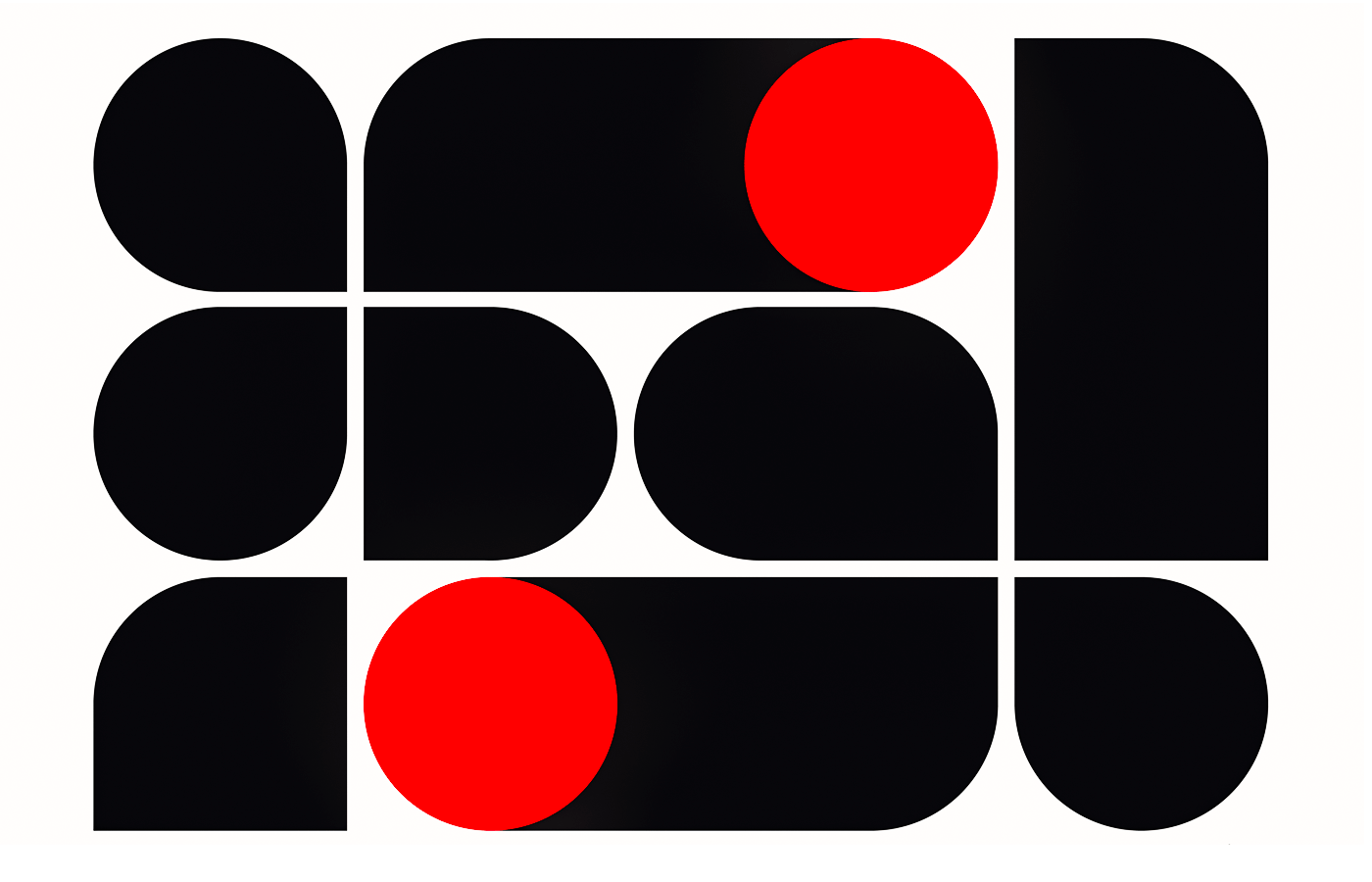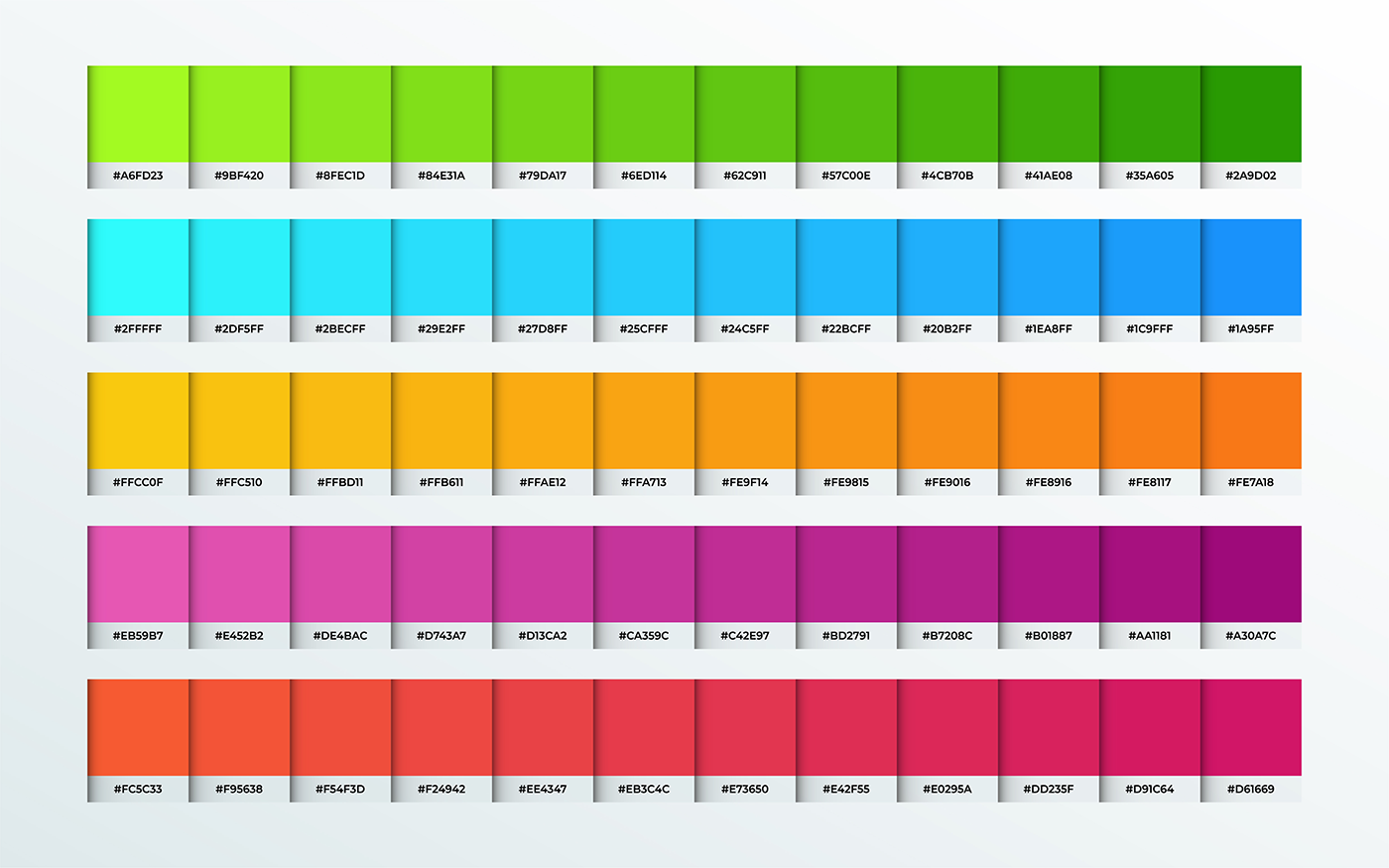Poster Series
22×28
Recognized as a standard size in the ISO 216 series, the 22x28 inch paper size is a versatile choice for various applications. This dimension, often referred to as 'Double Demy', is widely used in industries such as advertising and printing due to its optimal size that strikes a balance between visibility and convenience.
Interestingly, the 22x28 inch paper size does not belong to either A or B series of ISO 216 but finds its place in the C series. The C series is specifically designed for envelopes and certain types of posters, making this paper size an ideal choice for direct mail marketing campaigns or large-scale promotional materials.
22×28 paper dimensions
Specs
| Format | in | mm | cm | pt |
|---|---|---|---|---|
| 2A0 | 46.81 x 66.22 | 1189 x 1682 | 119 x 168 | 3370 x 4768 |
| A12 | 0.51 x 0.71 | 13 x 18 | 1 x 2 | 37 x 51 |
| 4A0 | 66.22 x 93.62 | 1682 x 2378 | 168 x 238 | 4768 x 6741 |
| A11 | 0.71 x 1.02 | 18 x 26 | 2 x 3 | 51 x 74 |
| A10 | 1.02 x 1.46 | 26 x 37 | 3 x 4 | 74 x 105 |
| A3+ | 12.95 x 19.02 | 329 x 483 | 33 x 48 | 933 x 1369 |
| A1+ | 23.98 x 35.98 | 609 x 914 | 61 x 91 | 1726 x 2591 |
| A0+ | 35.98 x 50.87 | 914 x 1292 | 91 x 129 | 2591 x 3662 |
| A6 | 4.13 x 5.83 | 105 x 148 | 11 x 15 | 298 x 420 |
| A5 | 5.83 x 8.27 | 148 x 210 | 15 x 21 | 420 x 595 |
| A4 | 8.27 x 11.69 | 210 x 297 | 21 x 30 | 595 x 842 |
| A3 | 11.69 x 16.54 | 297 x 420 | 30 x 42 | 842 x 1191 |
| A9 | 1.46 x 2.05 | 37 x 52 | 4 x 5 | 105 x 147 |
| A2 | 16.54 x 23.39 | 420 x 594 | 42 x 59 | 1191 x 1684 |
| A8 | 2.05 x 2.91 | 52 x 74 | 5 x 7 | 147 x 210 |
| A1 | 23.39 x 33.11 | 594 x 841 | 59 x 84 | 1684 x 2384 |
| A7 | 2.91 x 4.13 | 74 x 105 | 7 x 11 | 210 x 298 |
| A0 | 33.11 x 46.81 | 841 x 1189 | 84 x 119 | 2384 x 3370 |
The ANSI (American National Standards Institute) also recognizes this paper size under its 'D' category. In fact, it's one of the most commonly used sizes in architectural drawings and technical documents due to its ample space that allows detailed illustrations without compromising clarity.
Moreover, with a ratio close to √2:1 (the aspect ratio that ISO 216 adheres to), the 22x28 inch paper ensures minimal wastage when scaling up or down. This makes it an economical choice for businesses looking to optimize their resources while maintaining high-quality outputs.
Whether you're planning an impactful marketing campaign or drafting intricate architectural designs, the versatility and efficiency of the 22x28 inch paper make it an excellent option worth considering.
Other Formats in the Poster Series
Interesting facts about 22×28
1: The Origins of 22x28 Paper
22x28 paper is part of the ANSI B series, which was introduced by the American National Standards Institute (ANSI) in the mid-20th century. It was specifically designed for architectural and engineering drawings.
2: The Common Name
While the official name for this paper size is ANSI B, it is commonly referred to as "Architectural D" or "Arch D" in the United States.
3: Similarity to ISO A2
The dimensions of 22x28 paper are very close to those of ISO A2 paper (420x594 mm). However, there is a slight difference in size, with ANSI B being slightly shorter and wider than A2.
4: Versatility in Printing
This paper size is widely used for various purposes such as posters, blueprints, maps, and artwork due to its large surface area and convenient aspect ratio.
5: Compatibility with Other Sizes
The ANSI B series follows a consistent aspect ratio. Therefore, two sheets of 22x28 paper can be placed side by side to form an ANSI C sheet (17x22 inches), or four sheets can be combined to create an ANSI D sheet (34x44 inches).
6: Historical Evolution
Prior to the introduction of standardized sizes like ANSI B, architects and engineers used various non-standardized sizes for their drawings. The adoption of standard sizes brought uniformity and ease of use across different industries.
7: International Variations
In countries outside the United States, different paper sizes are commonly used for architectural and engineering drawings. For example, in Europe, the ISO 216 series is widely used, with A2 being the equivalent size to ANSI B.
8: Paper Weight Considerations
22x28 paper is available in various weights and thicknesses to suit different printing requirements. The weight of the paper affects its durability and suitability for specific applications.
9: Environmental Impact
When choosing 22x28 paper or any other type of paper, it's important to consider its environmental impact. Opting for recycled or sustainably sourced paper helps reduce deforestation and promotes eco-friendly practices.
10: Digital Alternatives
In today's digital age, the demand for physical prints on 22x28 paper has decreased in some industries. However, it still remains a popular choice for certain applications where a tangible copy is necessary or preferred.





